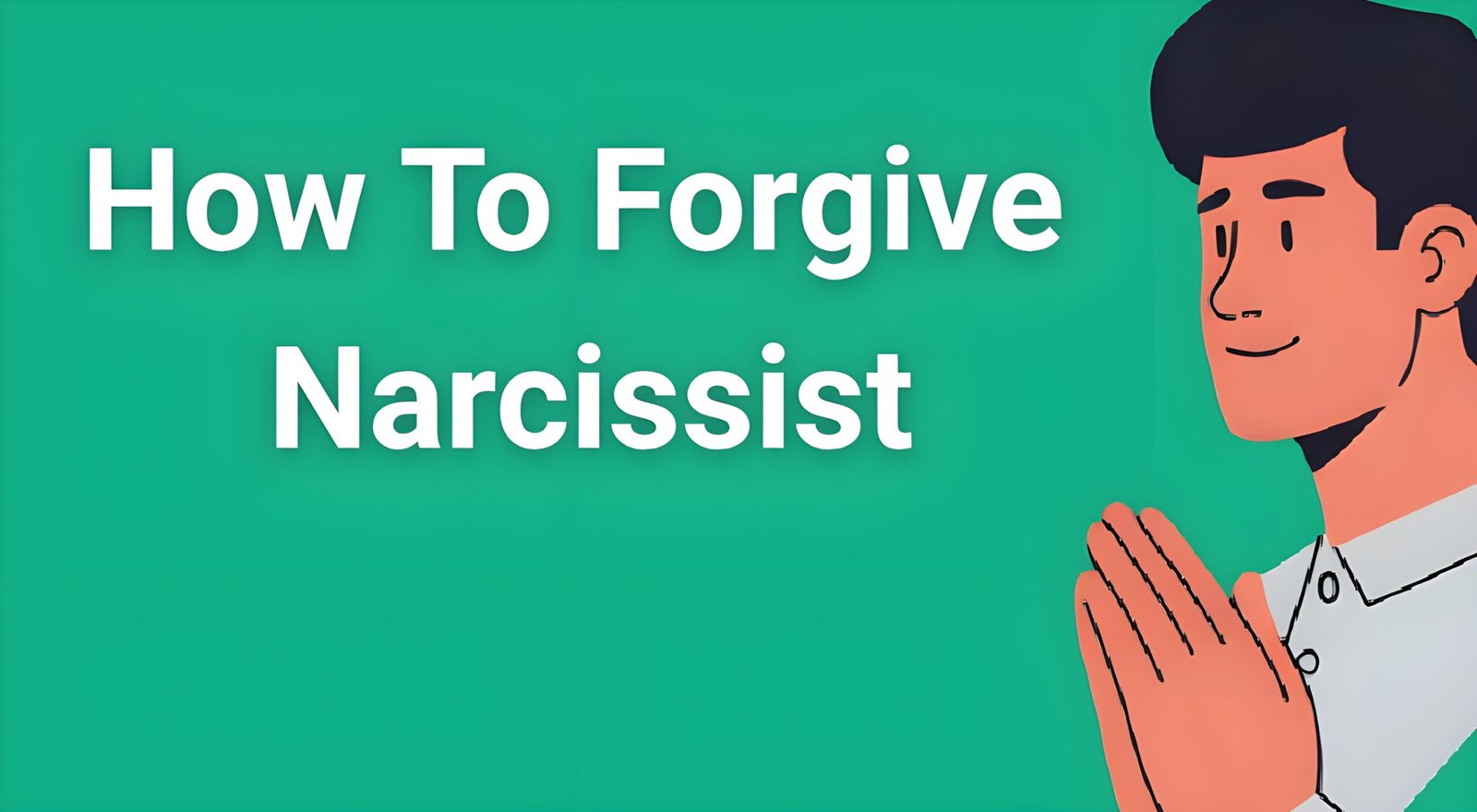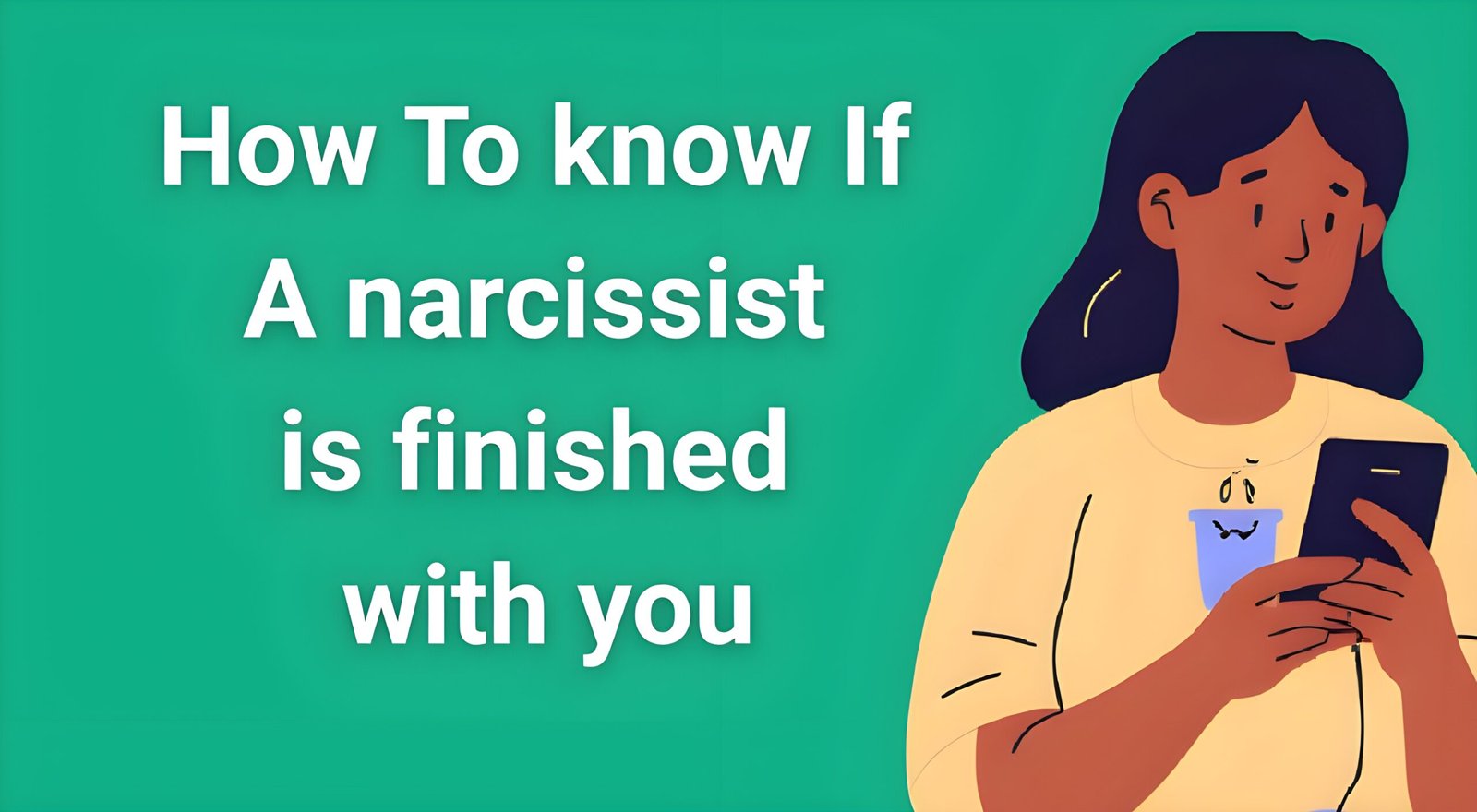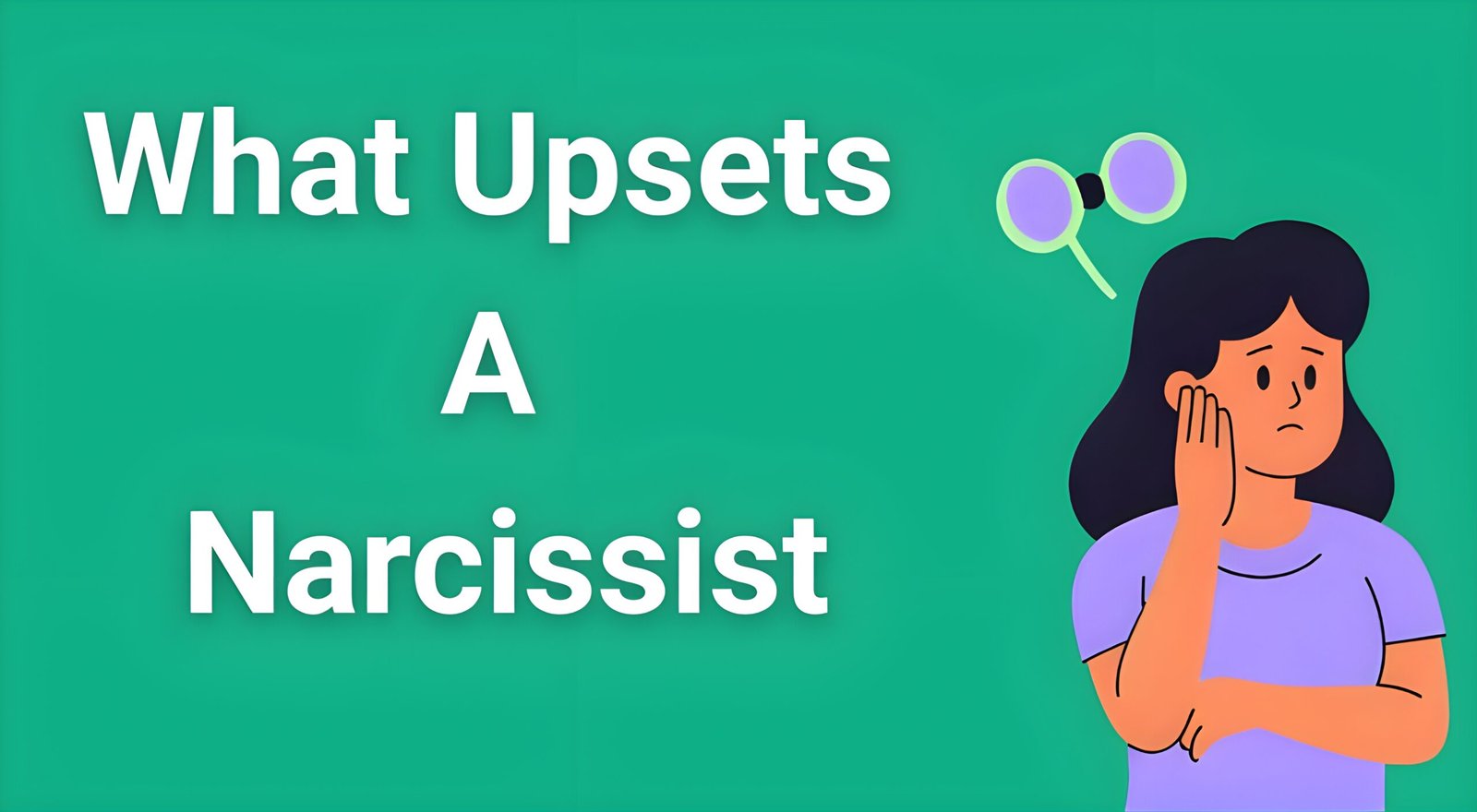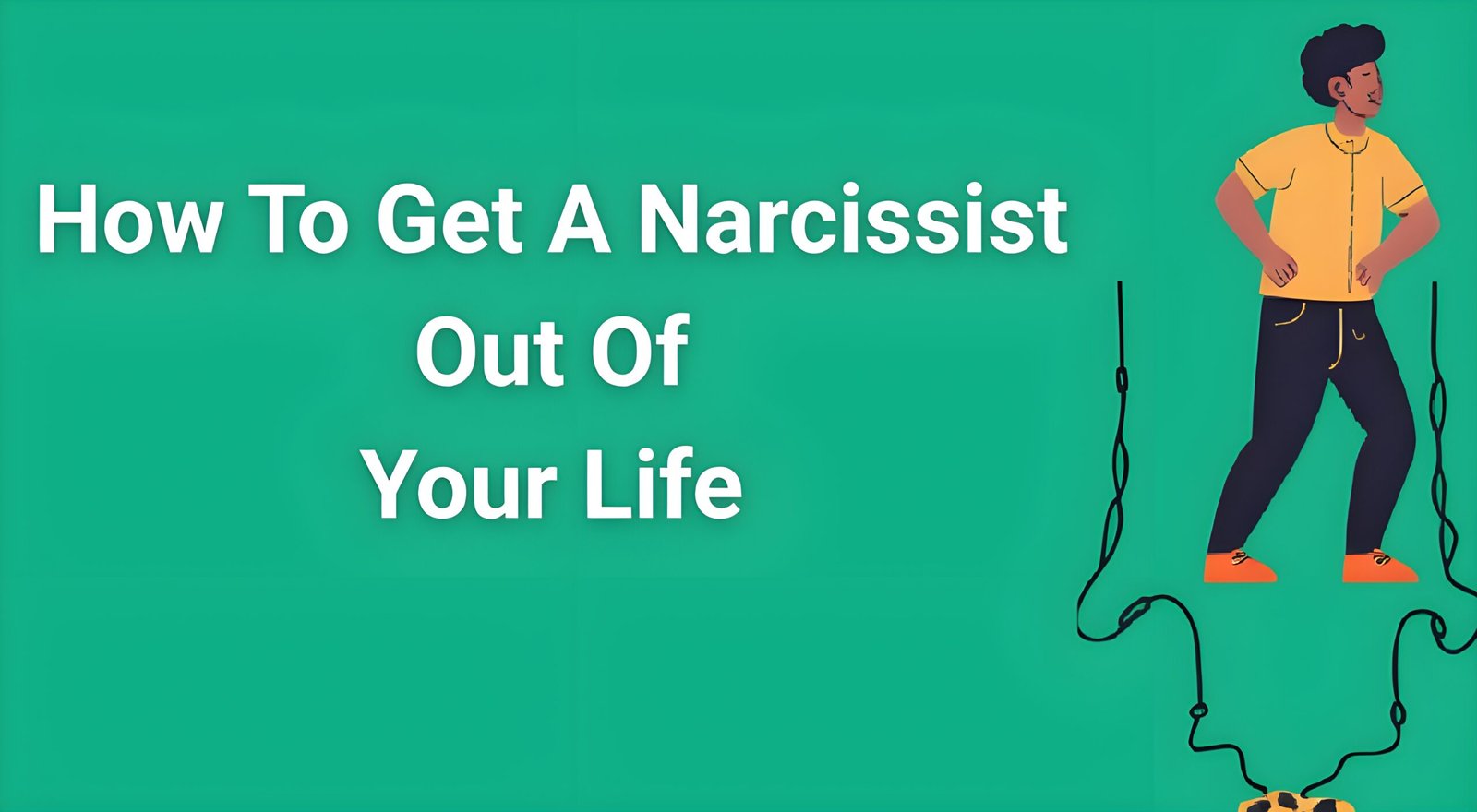“I know I need to forgive them, but I just can’t.” If you’ve searched for how to forgive narcissist, chances are these words have crossed your mind more times than you can count. You’re drowning in conflicting advice—some saying forgiveness is essential for healing, others insisting you don’t owe your abuser anything. The confusion is overwhelming, and you’re left wondering: what’s the truth about forgiving a narcissist?
- The Forgiveness Dilemma: Why This Question Haunts Survivors
- What Makes Narcissistic Abuse Different
- The Truth About Forgiveness and Narcissistic Abuse
- The Self-Forgiveness Priority
- A Step-by-Step Approach to Healing Without Forced Forgiveness
- Practical Daily Strategies for Healing
- When You Can’t Leave Yet
- The Role of Professional Support
- Common Mistakes That Slow Healing
- Dealing with Societal Pressure to Forgive
- Signs Your Healing Is Working
- The Forgiveness That Might Come (Or Might Not)
- Moving Forward: Creating Your New Life
- When to Seek Additional Support
- Frequently Asked Questions
- Conclusion
The answer isn’t what most expect. True healing from narcissistic abuse doesn’t follow traditional forgiveness models, and the pressure to forgive can actually damage your recovery. Understanding the real path forward requires distinguishing between toxic forgiveness that enables further abuse and genuine healing that sets you free.
The Forgiveness Dilemma: Why This Question Haunts Survivors
When you search for guidance on how to forgive narcissist, you’ll find dramatically opposing viewpoints. Traditional approaches often emphasize forgiveness as a moral obligation, while trauma-informed perspectives recognize that pressuring abuse survivors to forgive can re-traumatize them.
This contradiction exists because narcissistic abuse isn’t a normal relationship conflict. It’s systematic psychological manipulation designed to erode your sense of reality, self-worth, and autonomy. The person who hurt you likely showed no genuine remorse, took no real accountability, and may continue their harmful behavior.
Understanding narcissistic behavior patterns is crucial for your healing journey. Many survivors spend months or years questioning whether what they experienced was actually abuse. This confusion is intentional—narcissists excel at making their victims doubt their own perceptions through gaslighting and manipulation.
What Makes Narcissistic Abuse Different
Unlike conflicts with emotionally healthy individuals, narcissistic abuse involves:
Systematic Gaslighting: Your reality is constantly questioned, making you doubt your own memories and perceptions.
Lack of Genuine Accountability: Any apologies are typically superficial, designed to manipulate rather than demonstrate real remorse.
Ongoing Manipulation: Even after separation, narcissists often continue their psychological games through hoovering, smear campaigns, or manipulation of shared connections.
Emotional Warfare: Your vulnerabilities are weaponized against you, and your attempts at healthy communication are twisted into ammunition for future attacks.
These dynamics create a unique healing challenge that traditional forgiveness models don’t address. The neurological impact of this abuse literally rewires your brain, creating trauma bonds that make leaving and healing particularly difficult.
The Truth About Forgiveness and Narcissistic Abuse
Here’s what trauma specialists have discovered: you don’t need to forgive the narcissist to heal completely. In fact, pressuring yourself to forgive can actually slow your recovery and potentially put you at risk for future abuse.
Toxic Forgiveness vs. Healthy Forgiveness
Toxic Forgiveness involves:
- Premature pressure to “get over it”
- Excusing abusive behavior
- Returning to unsafe situations
- Prioritizing the abuser’s comfort over your safety
- Using forgiveness to avoid processing legitimate anger
Healthy Forgiveness (when it occurs naturally) involves:
- Complete processing of trauma and emotions
- Strong boundaries firmly in place
- No expectation of relationship restoration
- Focus on your peace, not their redemption
- Natural release that happens through healing, not forced effort
The Self-Forgiveness Priority
Instead of focusing on how to forgive narcissist, trauma experts recommend redirecting that energy toward self-forgiveness. This is where real healing begins.
Narcissistic abuse survivors typically carry enormous shame and self-blame. You might constantly replay situations, wondering:
- “Why didn’t I see the signs earlier?”
- “How could I be so stupid?”
- “Why did I stay so long?”
- “What’s wrong with me that I attracted this?”
These self-attacks are often echoes of the narcissist’s voice, internalized through repeated exposure to their criticism and blame-shifting. Self-forgiveness means releasing these inappropriate burdens and recognizing that the abuse was never your fault.
Steps for Self-Forgiveness
Acknowledge the Manipulation: Recognize that you were deliberately targeted and manipulated by someone skilled in psychological manipulation.
Release Inappropriate Shame: The shame belongs to the person who chose to abuse, not to you for being abused.
Honor Your Survival: You survived psychological warfare. That takes incredible strength and resilience.
Reframe Your Experience: Instead of “I was foolish,” try “I was loving and trusting, which are beautiful qualities that were exploited.”
A Step-by-Step Approach to Healing Without Forced Forgiveness
Phase 1: Safety and Stabilization
Your first priority is establishing physical and emotional safety. This might involve:
- Implementing no-contact or minimal contact strategies
- Building a support network of people who understand narcissistic abuse
- Working with trauma-informed therapists or counselors
- Learning about narcissistic abuse patterns to validate your experience
Many survivors benefit from getting professional clarity about their situation. Understanding the specific manipulation tactics used against you can be powerfully validating and help you make informed decisions about your recovery path.
Phase 2: Processing and Validation
This phase involves:
- Allowing yourself to feel anger, grief, and other emotions without judgment
- Journaling about your experiences to process memories and emotions
- Connecting with other survivors who understand your experience
- Educating yourself about trauma bonds and their effects on the brain
The neurological impact of narcissistic abuse creates addiction-like patterns in your brain. These trauma bonds can make you feel physically and emotionally dependent on the person who hurt you, even when you logically know they’re harmful. Understanding this brain chemistry helps you recognize that your struggle to “get over it” isn’t a character flaw—it’s a normal response to psychological manipulation.
Phase 3: Rebuilding Your Identity
Narcissistic abuse often involves systematic erosion of your sense of self. Rebuilding involves:
- Reconnecting with your pre-abuse interests and values
- Setting and maintaining healthy boundaries
- Developing self-compassion practices
- Exploring your authentic preferences without the narcissist’s influence
Phase 4: Integration and Growth
In this final phase:
- You develop confidence in your ability to recognize and avoid future manipulation
- Your emotional responses to thoughts of the narcissist become more neutral
- You may find that forgiveness happens naturally, or you may remain unforgiving—both are healthy outcomes
- You focus on creating a fulfilling life independent of your past trauma
Practical Daily Strategies for Healing
Morning Practices
- Begin each day with affirmations that counter the narcissist’s negative messages
- Practice mindfulness to stay grounded in your current reality
- Set daily intentions focused on your healing and growth
Throughout the Day
- Notice and challenge thoughts that echo the narcissist’s voice
- Practice saying “no” to requests that don’t serve your wellbeing
- Engage in activities that bring you joy and help rebuild your sense of self
Evening Reflection
- Journal about your emotional experiences without judgment
- Acknowledge your daily progress, however small
- Practice gratitude for your strength and resilience
When You Can’t Leave Yet
Sometimes, immediate separation from a narcissistic person isn’t possible due to legal, financial, or safety constraints. In these situations, focus on:
- Developing internal boundaries and emotional detachment
- Building a discrete support network
- Documenting abusive incidents for future legal or safety needs
- Creating safety plans for escalating situations
- Working on your healing while still in the situation
There are specific strategies for surviving narcissistic abuse when leaving isn’t immediately possible. These approaches can help you maintain your sanity and build strength while you work toward eventual freedom.
The Role of Professional Support
Healing from narcissistic abuse often requires specialized support. Consider working with:
- Therapists trained in narcissistic abuse and trauma
- Support groups for abuse survivors
- Legal professionals if you’re dealing with ongoing harassment or custody issues
- Financial advisors if economic abuse was involved
Getting professional clarity about your specific situation can be transformative. Many survivors find that having an expert analyze their experience and provide personalized insights helps them understand exactly what they endured and how to move forward most effectively.
Common Mistakes That Slow Healing
Rushing the Process: Healing from narcissistic abuse takes time. There’s no timeline you need to follow.
Isolating Yourself: While some solitude is healthy, complete isolation can worsen depression and anxiety.
Engaging in Revenge Fantasies: While anger is natural, staying focused on revenge keeps you emotionally tied to your abuser.
Comparing Your Healing: Everyone’s recovery journey is different. Your progress is valid regardless of how it compares to others.
Reopening Contact: The desire to “test” your healing by contacting the narcissist usually sets back progress.
Dealing with Societal Pressure to Forgive
You’ll likely encounter people who don’t understand narcissistic abuse and pressure you to forgive. Common responses include:
- “They’re your family, you have to forgive them”
- “Holding onto anger will only hurt you”
- “Forgiveness is for your own good”
- “Everyone deserves a second chance”
Remember: these people haven’t experienced what you have. Their advice, while well-intentioned, doesn’t apply to your situation. You have permission to ignore pressure to forgive and focus on what actually helps your healing.
Signs Your Healing Is Working
As you progress in your recovery, you may notice:
- Decreased emotional reactivity when thinking about the narcissist
- Increased clarity about what happened to you
- Better ability to trust your own perceptions
- Stronger sense of your own worth and value
- Improved relationships with healthy people
- Greater confidence in setting and maintaining boundaries
The Forgiveness That Might Come (Or Might Not)
If forgiveness happens naturally as a byproduct of your healing, it typically looks like:
- Emotional neutrality rather than warm feelings
- Complete lack of expectation for relationship restoration
- Indifference to whether the narcissist changes or not
- Focus on your own life rather than their behavior
Importantly, this type of forgiveness never involves compromising your safety or boundaries. And if it never comes, that’s completely acceptable too. Your worth isn’t determined by your ability to forgive someone who systematically abused you.
Moving Forward: Creating Your New Life
The ultimate goal isn’t forgiveness—it’s freedom. Freedom to:
- Trust your own perceptions and feelings
- Build healthy relationships based on mutual respect
- Pursue your authentic interests and goals
- Set boundaries without guilt or fear
- Live without constantly looking over your shoulder
Your healing journey is unique to you. There’s no right or wrong way to recover, and there’s no timeline you must follow. What matters is that you’re moving toward greater health, happiness, and authenticity.
When to Seek Additional Support
Consider getting professional help if you’re experiencing:
- Persistent thoughts of self-harm
- Inability to function in daily life
- Severe depression or anxiety
- Addiction or self-destructive behaviors
- Difficulty maintaining relationships with healthy people
Remember, seeking help is a sign of strength, not weakness. Narcissistic abuse creates real trauma that often requires professional intervention to heal completely.
Frequently Asked Questions
Q: Is it normal to feel guilty about not forgiving my narcissistic abuser? A: Absolutely. Narcissists often condition their victims to feel responsible for their emotions and wellbeing. This guilt is a trauma response, not an accurate reflection of your moral obligations.
Q: Will I ever be able to have healthy relationships if I don’t forgive? A: Yes. Your ability to form healthy relationships depends on your healing from trauma, not on forgiving your abuser. Many people who never forgive their abusers go on to have beautiful, healthy relationships.
Q: What if the narcissist is my parent or child? A: Blood relationships don’t change the dynamics of abuse. You still have the right to protect yourself and prioritize your healing, regardless of family ties.
Q: How do I know if I’m ready to have contact with the narcissist again? A: Most trauma experts recommend permanent no-contact when possible. If contact is necessary (custody, work), it should only be considered when you can maintain strict boundaries without emotional distress.
Q: Can a narcissist actually change? A: While personality change is theoretically possible, it’s extremely rare and requires intensive therapy that most narcissists won’t pursue. Your healing shouldn’t depend on their potential change.
Q: How long does healing from narcissistic abuse take? A: Healing timelines vary greatly depending on the duration and severity of abuse, your support system, and individual factors. Be patient with yourself and focus on progress rather than speed.
Conclusion
The truth about how to forgive narcissist is that you don’t have to. Your healing doesn’t depend on your ability to excuse, understand, or release someone who systematically harmed you. Instead, your recovery centers on self-forgiveness, processing trauma, rebuilding your identity, and creating a life of safety and authenticity.
Forgiveness, if it comes, will be a natural byproduct of your healing—not a prerequisite for it. Your worth isn’t measured by your capacity to forgive those who hurt you. It’s measured by your courage to heal, grow, and create the life you deserve.
Focus on your journey, trust your experience, and remember: the person who deserves your compassion and forgiveness most is yourself. From that foundation of self-love and healing, everything else becomes possible.






